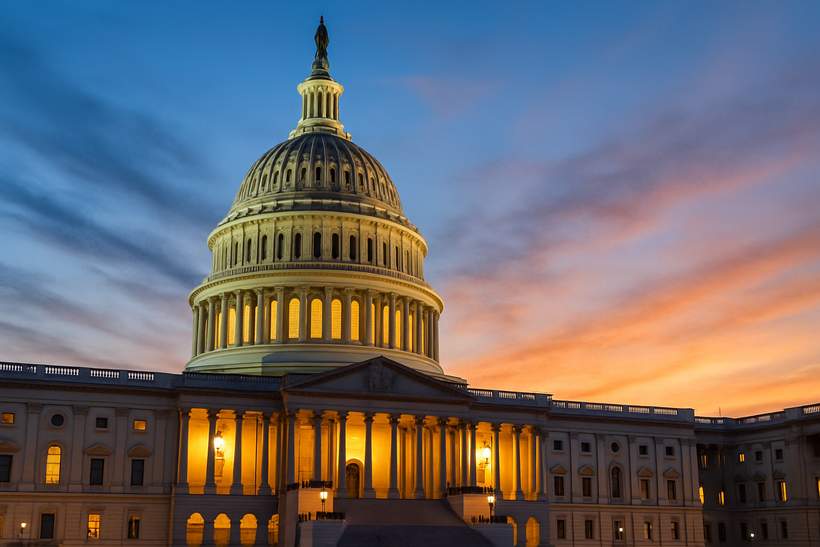Bid to Restore Full Betting Deductions Nears Year-End Deadline

Legislators Return to Address Gambling Taxation Issues
As lawmakers reconvened in Washington, D.C., many unresolved matters remain, including a significant proposal regarding the taxation of gambling losses. This initiative aims to reinstate the complete tax deduction for gambling losses and currently enjoys bipartisan backing in both the House and Senate. However, with the year-end deadline looming, progress on this legislation remains limited.
Efforts to Reverse Restrictions on Gambling Loss Deductions
The push to restore the full deduction emerged after a provision embedded in a large congressional bill introduced a 90% cap on gambling loss deductions starting in 2025. This restriction prevents individuals who itemize deductions from fully offsetting their gambling winnings with their losses. Experts warn that this rule could unfairly tax bettors who break even, as some may owe taxes on phantom income despite no net profit. Reports from political circles highlight cases where gamblers without overall gains could still face tax bills on substantial amounts.
Representatives Dina Titus of Nevada and Andy Barr of Kentucky have proposed bills to repeal this cap, with a similar measure in the Senate yet to gain movement. Although committee leaders have signaled their support, formal votes have not been scheduled. Furthermore, the extended government shutdown earlier in the fall stalled legislative efforts, constraining opportunities to address these tax issues before critical year-end cutoffs.
Economic Impact of the Deduction Limit on the Gambling Industry
Advocates for reinstating the full deduction argue that the current limitation could significantly affect casinos and sportsbooks, particularly those depending on high-stakes bettors. Industry representatives have informed lawmakers that tighter deduction rules might discourage big spenders, diminishing revenue streams and curbing the capacity for large wager offerings. Some insiders suggest that affected bettors might resort to offshore betting platforms to avoid such tax complications.
The industry is navigating this uncertainty at a complex time, with major operators like FanDuel and DraftKings preparing to introduce prediction markets, which will have distinct tax implications compared to traditional sports bets. These changes could redirect customers away from conventional betting markets, potentially amplifying the negative consequences of the deduction cap.
Though support for overturning the deduction limit is growing, challenges remain. Several lawmakers, initially unaware of the deduction changes when voting for the broader bill, have expressed willingness to reverse the cap. Yet, efforts to incorporate this fix into larger legislation, such as the annual defense spending bill, have so far been unsuccessful.
If no legislative action occurs before Congress adjourns, the new deduction rules will take effect as planned. Financial analysts anticipate this could lead to billions of dollars in reduced gambling-related economic activity in 2025, impacting casinos, sportsbooks, and allied businesses.